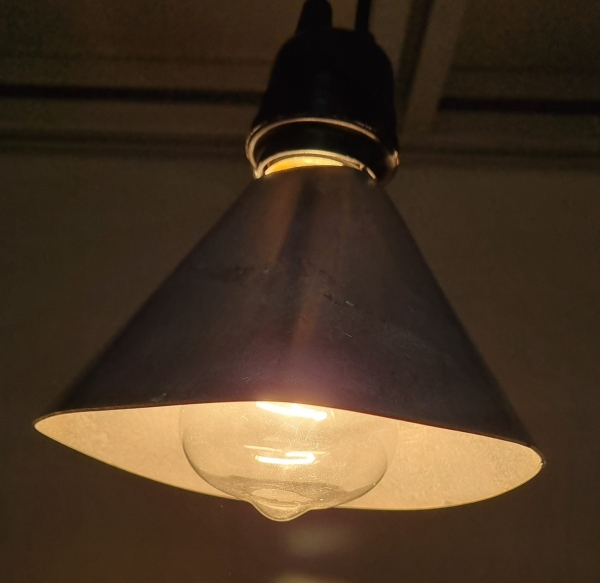Indoor air pollution may have met its match. Today, scientists will report that they have designed catalyst-coated lampshades that transform indoor air pollutants into harmless compounds. The lampshades work with halogen and incandescent light bulbs, and the team is extending the technology so it will also be compatible with LEDs.
The researchers will present their results at the fall meeting of the American Chemical Society (ACS). ACS Fall 2023 is a hybrid meeting being held virtually and in-person Aug. 13–17, and features about 12,000 presentations on a wide range of science topics.
The lampshades target volatile organic compounds (VOCs), which account for most indoor airborne pollutants, according to Hyoung-il Kim, Ph.D., the project’s principal investigator. These compounds include acetaldehyde and formaldehyde and are released by paints, cleaners, air fresheners, plastics, furniture, cooking and other sources.
“Although the concentration of VOCs in a home or office is low, people spend more than 90% of their time indoors, so the exposure adds up over time,” Kim says.
Read more at American Chemical Society
Image: A lampshade coated with a catalyst uses heat from an incandescent bulb to destroy indoor air pollution. (Credit: Minhyung Lee via American Chemical Society)


